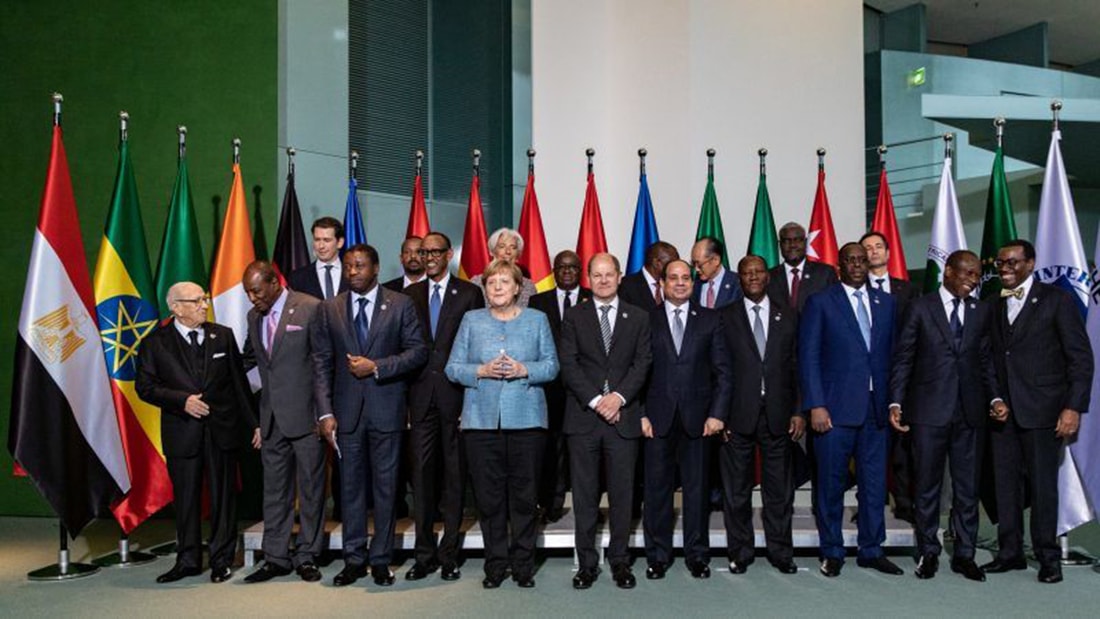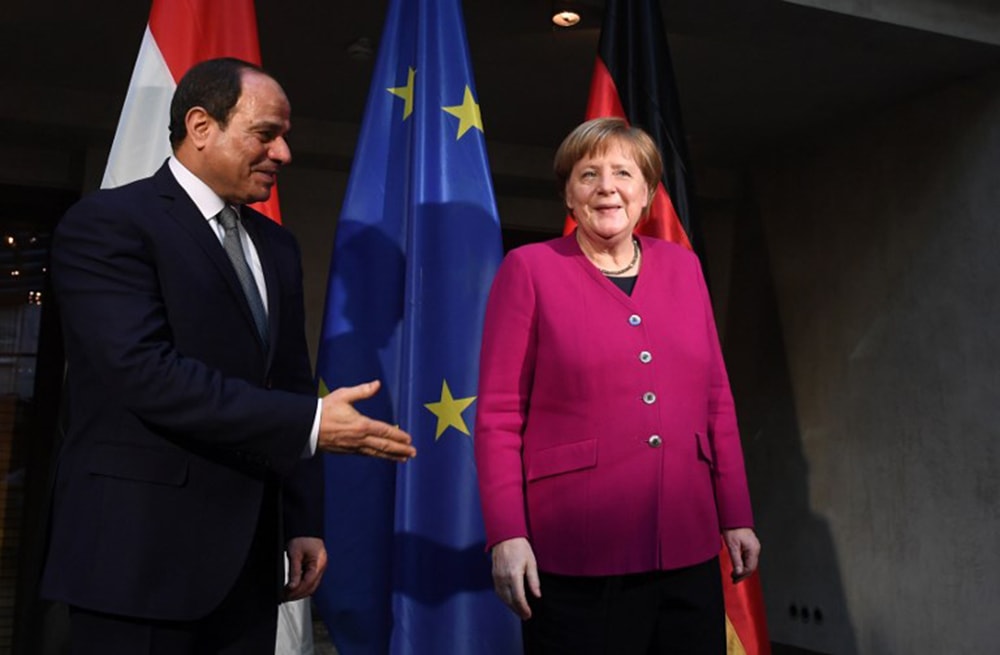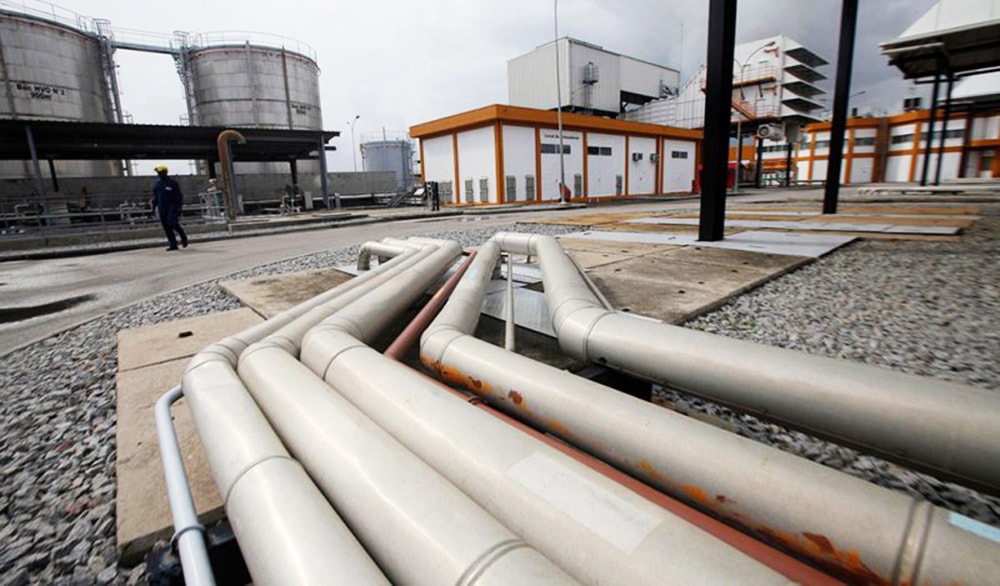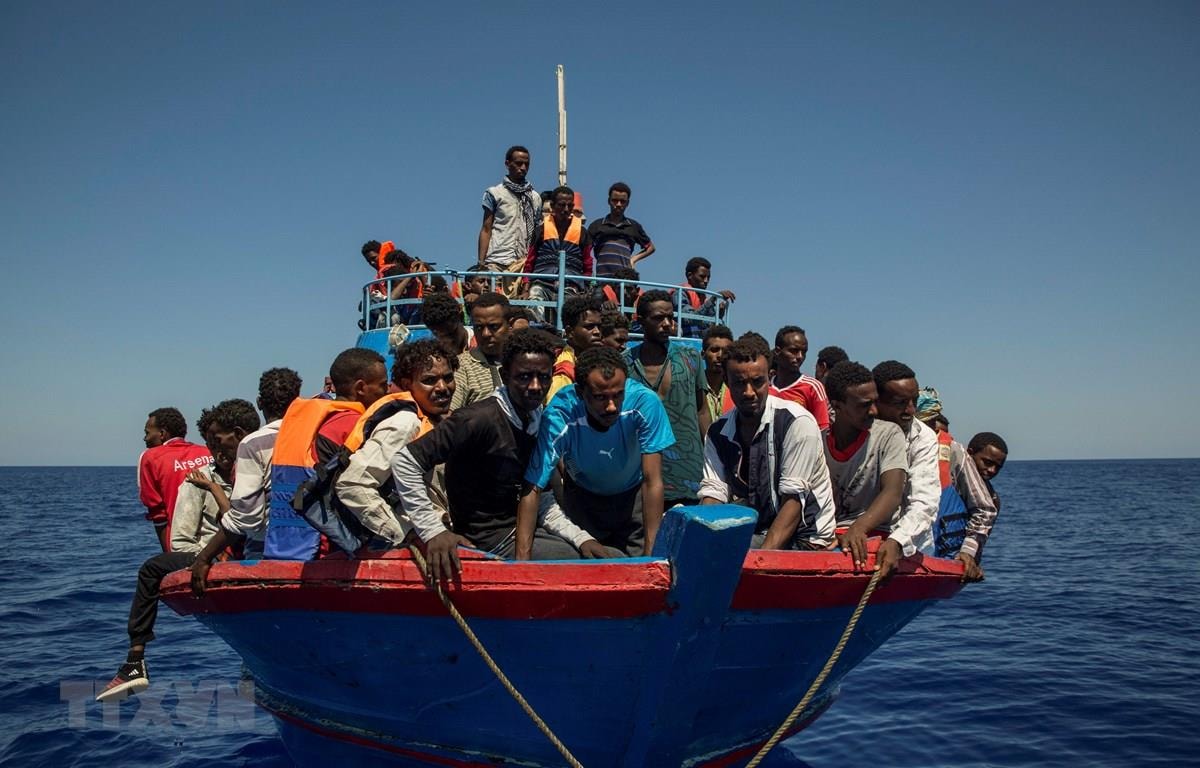'A deal with Africa' and the attempt to rescue the 'Merkel Plan'
(Baonghean) - Today (November 19), German Chancellor Angela Merkel will chair a high-level dialogue between the G20 group and leaders of African countries in the "Compact with Africa" initiative that Germany launched in 2017.
This event is not only significant for Germany in its role as a leader in promoting cooperation with Africa, but also has special significance for Angela Merkel personally.
Because, the “Africa Deal” is an initiative that is expected to reverse the criticism directed at Ms. Merkel personally due to her “open arms” policy towards migrants at the heart of the crisis in 2015.
Rescuing the “Merkel Plan”
At today's meeting in Berlin, the “Africa Deal” will once again be at the heart of the discussions, with the overarching goal being to boost private investment flows into Africa while also pushing African countries to reform their economies.
This goal was put forward when German Chancellor Angela Merkel introduced the “Compact with Africa” initiative in 2017, when Germany held the rotating presidency of the G20.
With Angela Merkel as the initiator and leader, the initiative was then known as the “Merkel Plan”. Unfortunately, since then, the agreement has not been as effective as expected, and there are even many pessimistic opinions that the initiative is on the verge of bankruptcy.
 |
| German Chancellor Angela Merkel (front row, 4th left) during a meeting with African leaders in late 2018. Photo: EPA |
After being introduced in 2017, there are now 12 African countries participating in the “Compact with Africa” initiative: Benin, Burkina Faso, Côte d'Ivoire, Egypt, Ethiopia, Ghana, Guinea, Morocco, Rwanda, Senegal, Togo and Tunisia.
G20 countries expect that, with the strong participation of the private sector, the initiative will create a breakthrough in investment in Africa, promoting sustainable growth in this continent. This is considered a very important factor in reducing the flow of migrants to Europe, causing a series of political - economic - social pressures on countries in the Old Continent.
But after two years, the results of the “Africa Deal” are far below expectations. Foreign investment in the 12 African countries participating in the initiative has barely increased.
From 2017 to 2018, foreign investment only increased slightly to 21 million USD, not even reaching the level of 2016 - the time when the initiative was not launched. Not only that, 80% of this investment amount was concentrated in only 4 countries: Egypt, Morocco, Ethiopia and Ghana, while the remaining 8 countries were almost "blank".
African countries also complain that they have done their part to create a conducive investment environment, but the flow of investment into the region has not been “unblocked”. The estimated number of jobs created by the initiative by 2030 still seems like a distant dream.
 |
| Egyptian President El Sisi (left) is one of the first African leaders to arrive in Berlin. Photo: Egypt Independent |
Private companies have their reasons for not being enthusiastic about the “Pact with Africa” initiative. From a business perspective, whether a company invests in a country is not so much a matter of whether it is a member of the initiative or not. What matters is the ability to find outlets for its products.
Meanwhile, the market of 12 African countries in the initiative is considered too small, while markets with relatively high consumption levels such as Nigeria, Kenya or South Africa are not included in the initiative.
Of course, Angela Merkel does not want her initiative to die like that. Therefore, she is placing a lot of hope on the ability to rescue the “Merkel Plan” and give new life to the “Africa Deal” after today’s high-level dialogue.
Halo from the past
To rescue the “Merkel Plan”, German businesses will certainly have to be on the “front line”. Although not directly representing the G20, as the leading country in Europe today, Germany still holds an important position in connecting and promoting initiatives in the bloc of the most developed countries in the world.
With an economy based on manufacturing industries rather than services, Germany once prided itself on driving rapid economic growth in Eastern European countries after the collapse of the Soviet Union in the early 1990s.
Once again, Germany hopes to shine as it did in the past by creating a breakthrough in economic growth in the countries participating in the “Compact with Africa” initiative.
 |
| German businesses are advised to invest in infrastructure development in Africa. Photo: IMF |
To avoid the "reputation" that all of Germany's commitments to Africa are always just "plans", "intendents"..., before today's high-level dialogue, Germany announced a 1 billion Euro Development Investment Fund to support private companies investing in African countries in the initiative as well as supporting the development of African businesses themselves.
In addition, German businesses that decide to invest in Africa will also receive many forms of tax incentives from the government. To help businesses overcome obstacles in market size, experts have suggested that German private businesses should invest in infrastructure development - areas that do not depend much on market consumption.
By pledging €1 billion to support private investment in the “Compact with Africa” initiative, Chancellor Angela Merkel hopes to create momentum to receive similar commitments from other G20 members during today's dialogue in Berlin.
Nearly five years ago, as Europe faced the worst phase of the migration crisis, Angela Merkel made headlines by welcoming nearly 1 million migrants, a number that has steadily increased in the years since.
Angela Merkel’s decision was considered “inevitable” in the emergency situation at that time. But after being praised as a “compassionate leader”, Angela Merkel had to face criticism at home when the huge influx of migrants into Germany caused a series of political, economic and social consequences.
 |
| A boat carrying migrants in the Mediterranean Sea, off the coast of Libya. Illustration photo: AFP/TTXVN |
Discontent with the government's migration policy is seen as part of the reason for the rise of the far-right Alternative for Germany (AfD) party in several recent German elections.
Therefore, analysts believe that reviving the “Agreement with Africa” initiative is of particular importance to Ms. Merkel personally, showing that she has made progress in resolving the consequences of the migration policy that was once considered the most controversial in her 13 years in power.
Not only that, after announcing her retirement from politics in 2021, defusing criticism of her government's immigration policy is seen as Merkel's personal responsibility to "clear the way" for members of the Christian Democratic Party in the race to find Germany's future leader.
